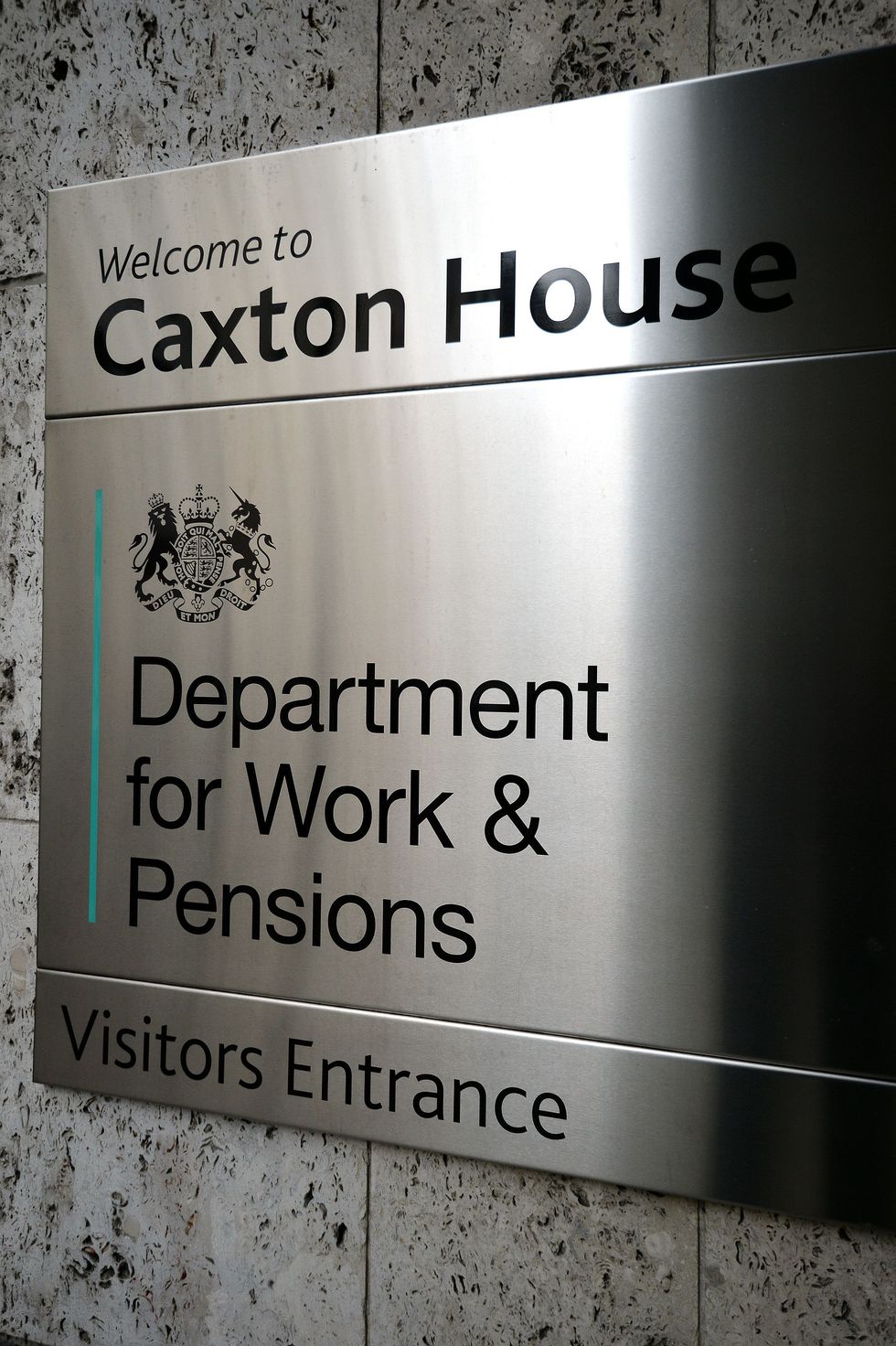DWP estimates show 3.7 per cent of benefit spending was overpaid last year to people who weren't entitled to it
GETTY
The Department for Work and Pensions (DWP) has estimated that 3.7 per cent of benefit spending was overpaid last year to people who weren't entitled to it
Don't Miss
Most Read
Trending on GB News
Prime Minister Keir Starmer has announced a major crackdown on benefit fraud, including new powers for the Department for Work and Pensions (DWP) to access bank account details of suspected fraudsters.
The initiative will save £1.6billion over the next five years, as the Government aims to "rebuild our public services".
The centrepiece of the plan is a new Fraud, Error and Debt Bill, which aims to modernise the DWP's capabilities in tackling welfare fraud. It was revealed during the Prime Minister's speech at the Labour Party conference yesterday.
This legislation will grant officials enhanced powers to investigate and recover money lost to fraudulent claims, while also incorporating safeguards to protect vulnerable claimants.
Starmer's approach signals a tough stance on welfare abuse, with the Prime Minister vowing to "leave no stone unturned" in the Government's efforts to rebuild public services.
The new legislation will grant DWP officials unprecedented access to a suspected claimants bank accounts, allowing them to check for savings exceeding £16,000 - the threshold for claiming certain means-tested benefits like Universal Credit.

The Prime Minister vowing to "leave no stone unturned" in the Government's efforts to rebuild public services
PAInvestigators will also be empowered to conduct property searches and seize assets in cases involving organised criminal gangs exploiting the benefits system.
DWP estimates show that 3.7 per cent of benefit spending was overpaid last year, meaning the Government now pays out over £9.5billion in benefits that people aren't entitled to.
Labour's bill aims to tackle sophisticated fraud techniques, with officials authorised to investigate claimants who may be staying abroad longer than the four-week limit permitted for Universal Credit recipients. The Government plans to recover overpayments in such cases.
At the moment, the DWP can only request information from a claimant's bank account if there are "reasonable grounds to suspect fraud."
Instead, the new proposals aim to remove the bureaucracy and will require banks to flag exactly when a claimant's earnings clash with the eligibility criteria of their benefits.
Under the proposals, the DWP won't be able to access bank accounts directly, and the exact information they can request is still to be confirmed.
Alongside these measures, Starmer's Government addressed the high levels of sickness benefits, with 2.8 million people currently off work due to long-term illness.
The Prime Minister is expected to outline broader welfare reforms later this year to help people return to work.
Labour also stressed that the Bill would contain safeguarding measures for vulnerable welfare claimants, and staff would be trained to the highest standards on the appropriate use of new powers.
The Prime Minister said in his speech: "If we want to maintain support for the welfare state, then we will legislate to stop benefit fraud. Do everything we can to tackle worklessness.
Broader welfare reforms are expected to help cut the number of people claiming sickness benefits like PIP and Universal Credit's disability payments.
The Government plans to launch a new initiative to encourage millions of benefit claimants to re-enter the workforce and bring down the amount it spends on welfare.
However, the new approach has faced criticism from within the Labour party. Former shadow chancellor John McDonnell, who recently had the whip removed, expressed concern over the Government's rhetoric.
LATEST DEVELOPMENTS:
Speaking to BBC Radio 4's programme this week, McDonnell said: "If you close your eyes and listen to the language being used, it's almost like George Osborne speaking again in 2010."
He added: "What I'm worried about is the first measure the Government has actually introduced is an austerity measure of winter fuel allowance, which for many of my constituents will cause immense hardship."
McDonnell fears that the current messaging may not inspire people around Labour's objectives of societal change and ending austerity.
Pat McFadden, Chancellor of the Duchy of Lancaster, defended the focus on benefit fraud, stating: "It's really important that if money is spent on benefits, it goes to those who are genuinely in need of it, and where there's fraud in the system that we try to root that out."







